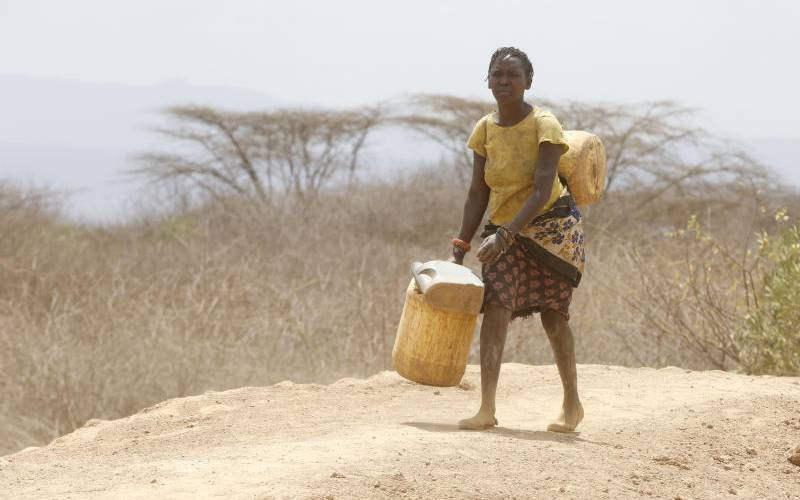×
The Standard e-Paper
Kenya’s Boldest Voice

September has traditionally never been a cold month, yet the days the sun has shone its rays this month can be counted by the fingers.
"The weather is so confusing now," says Stephen Mulinge, a 70-year-old businessman and farmer from Muvuti, Machakos County.